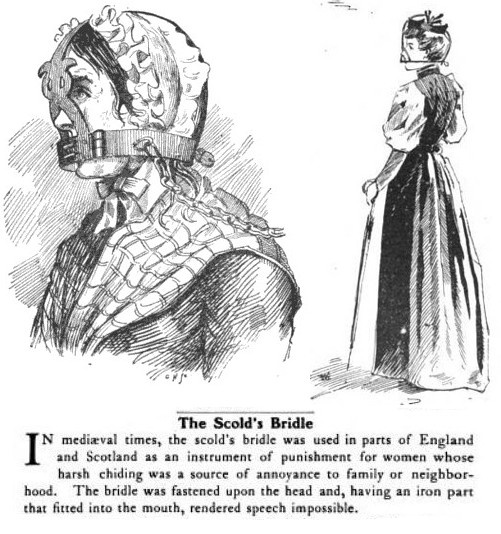
Elizabethan and Jacobean society was patriarchal. Men were seen as superior in every way and had power and authority over women. Fathers were seen as the heads of the house and decided when and to whom their daughters would marry. They demanded total respect from wives and children. They had legal control over their wife and her property.
Women were expected to be subservient. Their virginity and chastity was prized and seen as essential to avoid disputes over inheritance. A common stereotype was that women were naturally promiscuous and men feared that their wives would stray. Without chastity a woman was seen as worthless. A man could be mocked by society for being a ‘cuckhold’ if his wife had been unfaithful.
Women were seen to be create by God for two reasons: marriage and childbearing. That said, there was an emphasis placed on the idea of women being seen as goddesses to be worshipped and adored and it was fashionable for young men to court women through the writing of love poems and the sending of gifts.
Other common stereotypes included the idea that women talk too much and that those who showed intelligence and independence were ‘curst’ and a burden on their fathers and husbands.
SOME EXAMPLES OF SEXIST LANGUAGE IN OTHELLO
IAGO: “Nor the division of a battle knows more than a spinster…” (1.1.23-4)
OTHELLO: “Let housewives make a skillet of my helm…” (1.3.268)
IAGO: ” Ere I would say I would drown myself for the love of a guinea-hen, I would change my humanity with a baboon.” (1.3.309-10)






